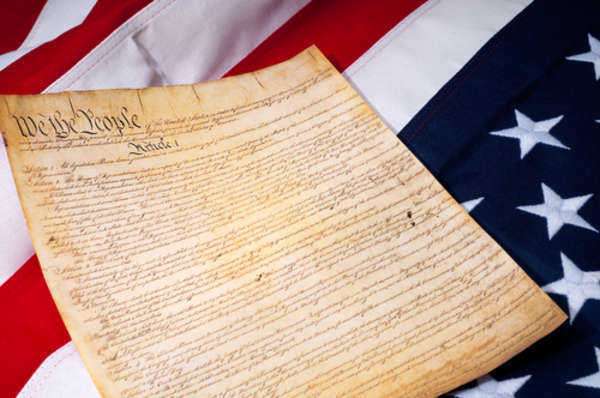Understanding Constitutional Law
Understanding Constitutional Law: The Backbone of Democracy
Introduction
Constitutional law is the foundation upon which democratic societies are built, providing the framework for government, delineating the powers of its branches, and safeguarding individual rights. It serves as a bedrock of legal principles that guide nations in upholding the rule of law, ensuring the rights of citizens, and maintaining the balance of power. This article aims to shed light on constitutional law, its significance, and its role in modern democracies.
Defining Constitutional Law
Constitutional law encompasses the principles, rules, and doctrines that govern the structure and operation of a country's government. It is primarily concerned with interpreting and applying a nation's constitution—the supreme law of the land. A constitution is a written or unwritten document that outlines the fundamental principles, values, and rules upon which a nation's governance is based.

Key Aspects of Constitutional Law
1. Separation of Powers: A fundamental concept in constitutional law, the separation of powers, divides government into three branches—the legislative, executive, and judicial—each with distinct roles and powers. This separation aims to prevent the concentration of authority in one branch, thus safeguarding against tyranny.
2. Judicial Review: Constitutional law often involves the power of judicial review, through which the judiciary evaluates the constitutionality of laws, executive actions, and government decisions. In many democracies, the judiciary serves as a check on the other branches, ensuring that their actions adhere to constitutional principles.
3. Protection of Individual Rights: Constitutions commonly include a bill of rights or similar provisions that enumerate and protect the rights and liberties of individuals. Constitutional law is instrumental in safeguarding these rights and ensuring that they are not violated by the government or other entities.
4. Federalism: In federal systems of government, constitutional law defines the division of powers between the central government and subnational entities (such as states or provinces). It outlines the scope of authority for each level of government and the principles of cooperation and coordination.
Significance of Constitutional Law
1. Rule of Law: Constitutional law is a cornerstone of the rule of law—a principle that all individuals and entities, including the government, are subject to and accountable under the law. It ensures that no one is above the law and that legal processes are fair, just, and transparent.
2. Protection of Rights: Constitutional law plays a vital role in safeguarding the rights and freedoms of citizens. It provides a legal framework for challenging government actions that infringe upon these rights, promoting social justice, and ensuring equal treatment under the law.
3. Stability and Predictability: Constitutions offer a stable and predictable legal framework for governance. They help prevent arbitrary changes in government structure and powers, providing continuity and fostering a conducive environment for economic and social development.
4. Checks and Balances: The principles of constitutional law establish checks and balances among the branches of government, reducing the risk of abuses of power and promoting accountability.
Challenges and Evolving Interpretations
Constitutional law is not static; it evolves over time to adapt to changing societal values, technological advancements, and legal interpretations. Courts and legal scholars play a pivotal role in interpreting constitutional provisions and ensuring their relevance in contemporary contexts.
Conclusion
Understanding constitutional law is essential for any society that values democracy, justice, and individual rights. It provides a framework for governance, safeguards against abuses of power, and ensures that the principles of democracy and the rule of law prevail. As societies continue to evolve, constitutional law remains a vital tool for addressing new challenges while upholding the enduring values enshrined in a nation's constitution.
Constitutional law includes all laws which are derived from the United States Constitution. The Constitution guarantees all United States citizens certain rights, which are standard across the country. No laws may interfere with a citizen’s Constitutional rights, as they are guaranteed.
Constitutional laws include cases that involve freedom of speech. In order to better understand the rights granted by the Constitution, some court cases challenge the Constitution and the rights contained within. The right to free speech has continuously been upheld, with some restrictions. For example, individuals may say things that may offend other people, but they may not incite violence.
Each Constitutional right may be challenged through court cases. Although no rights have been taken away, these cases simply seek to define the rights granted. Court cases help to establish the limit for Constitutional rights.
Constitution Laws will have more information about the Constitution.